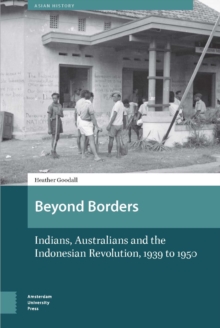
The Javanese Way of Law : Early Modern Sloka Phenomena PDF
by Hoadley Mason Hoadley
Part of the Asian History series
Description
The author's investigation of early-modern Javanese law reveals that judicial authority does not come from the contents of legal titles or juridical texts, but from legal maxims and variations thereof.
A century and a half ago Simon Keyzer, a recognized scholar of Javanese law, noted that understanding of that law is dependent upon a grasp of such pithy expressions, which provide the key to the whole body of suits. (*Preface*, C.F. Winter, *Javaansche Zamenspraken*, 1858, which examines hundreds of *sloka*, the majority of which are directed to prevailing legal practice).Drawing upon the contents of 18th century Javanese legal texts, the present work builds upon Keyzer's and Winter's references to '*sloka*-phenomena', namely *sloka* proper (maxims) and its derivatives *sinalokan* (that made of *sloka*), *aksara* here meaning legal principles, and *prakara* (matter, case).
These are usually conveyed in vignettes illustrating their function and as a group, constitute the essence of traditional Javanese written law.
Information
-
Download - Immediately Available
- Format:PDF
- Pages:256 pages
- Publisher:Amsterdam University Press
- Publication Date:03/09/2019
- Category:
- ISBN:9789048541898
Information
-
Download - Immediately Available
- Format:PDF
- Pages:256 pages
- Publisher:Amsterdam University Press
- Publication Date:03/09/2019
- Category:
- ISBN:9789048541898










